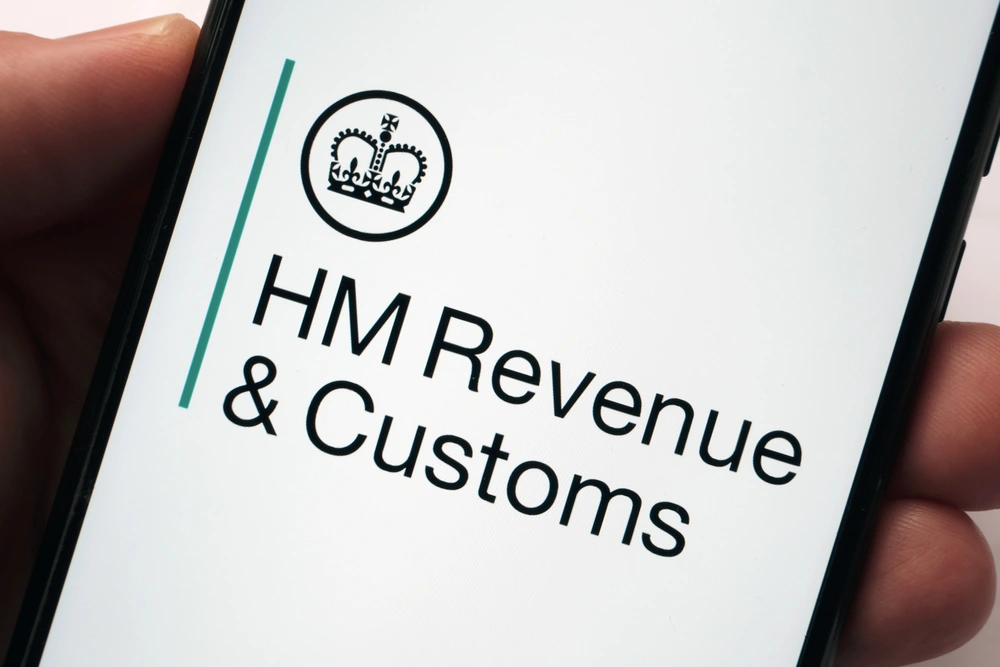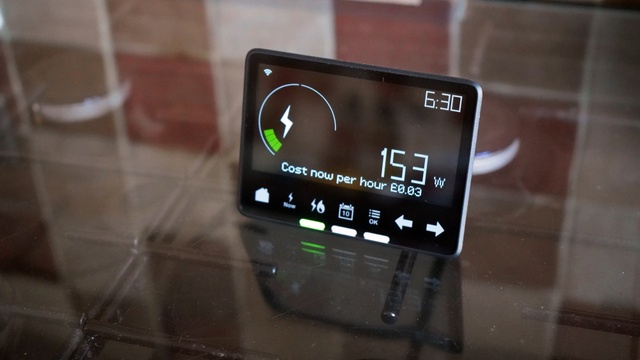If you don’t already have a smart meter then your supplier may soon offer you one. Find out everything you need to know about smart meters to help you make an informed decision.
What is a smart meter?
A smart meter is a meter that measures your energy usage just like traditional meters do. The smart element comes from the fact that it’s digital and sends your energy use to the supplier automatically.
Smart meters were introduced in 2011, and in 2016 the government backed a scheme to roll out smart meters in all homes in the UK. Owing to various delays and then the lockdown, the current deadline for completion of the rollout is 2025.
Although smart meters are not compulsory, they are strongly recommended by energy suppliers.
How do smart meters work?
Because smart meters are connected to the mains supply, they’re able to monitor precisely how much energy you use. No longer requiring manual readings, the smart meter sends the readings directly to your gas or electricity company. Older smart meters send the readings via the 3G mobile networks, while newer smart meters use the Data Communications Company smart meter network.
When you have a smart meter installed, you also get a device to keep in your home called an In-Home Display (IHD). The smart meter communicates with the IHD allowing you to see exactly how much energy you’re using. This happens in real time, so you can track your energy consumption on a daily basis and see how much energy it costs to boil the kettle, for example.
Are smart meters worth it?
In an attempt to conserve the planet’s energy and reduce household bills as well as carbon emissions, more and more energy customers are moving to smart meters.
It doesn’t cost anything to have a smart meter installed and since they send real readings to the suppliers, your bill will always be based on the actual energy you’ve used, rather than an estimated amount.
If estimated bills meant you used to end up overpaying, then smart meters will put an end to that. But you may find that your bills increase with a smart meter - but you’ll only be paying for what you use, so you’ll never get an unexpected bill.
Another benefit of smart meters is that you don’t need to remember to send in meter readings each month because the smart meter will do it for you.
How can a smart meter save money?
A smart meter won’t necessarily save you money, but by becoming more aware of your energy usage you’ll be able to identify areas that you could cut down on. For example, the IHD will let you see how much energy is used to boil a full kettle compared to just boiling the water you need. And you’ll notice the energy being used if you leave the room without turning the television or lights off.
There are also special tariffs aimed at smart meter users, which could offer you another way to save money.
Are there disadvantages to smart meters?
The disadvantages associated with smart meters are mainly to do with the older generation of smart meters - the SMETS1 meter. If you’re not sure which generation of smart meter you’ve got, then take a look at the serial number. If it starts with 19P then it’s a first-generation. Serial numbers starting with 19M signify a second-generation meter.
Problems that can occur with first-generation meters include:
- the loss of signal and the ability of the meter to send readings - this is because they rely on mobile networks
- if you were to switch suppliers the meter may lose its smart ability and you’ll need to send readings to your supply manually
- some are known to have communication issues with IHDs
- there are a few suppliers that don’t yet support smart meters, including Entice Energy and Enstroga Energy.
The good news is that some energy suppliers can perform an upgrade on the old SMETS1 meters enabling them to regain full smart functionality.
Find out who are the greenest energy suppliers in the UK.
Disclaimer: We make every effort to ensure that content is correct at the time of publication. Please note that information published on this website does not constitute financial advice, and we aren’t responsible for the content of any external sites.








